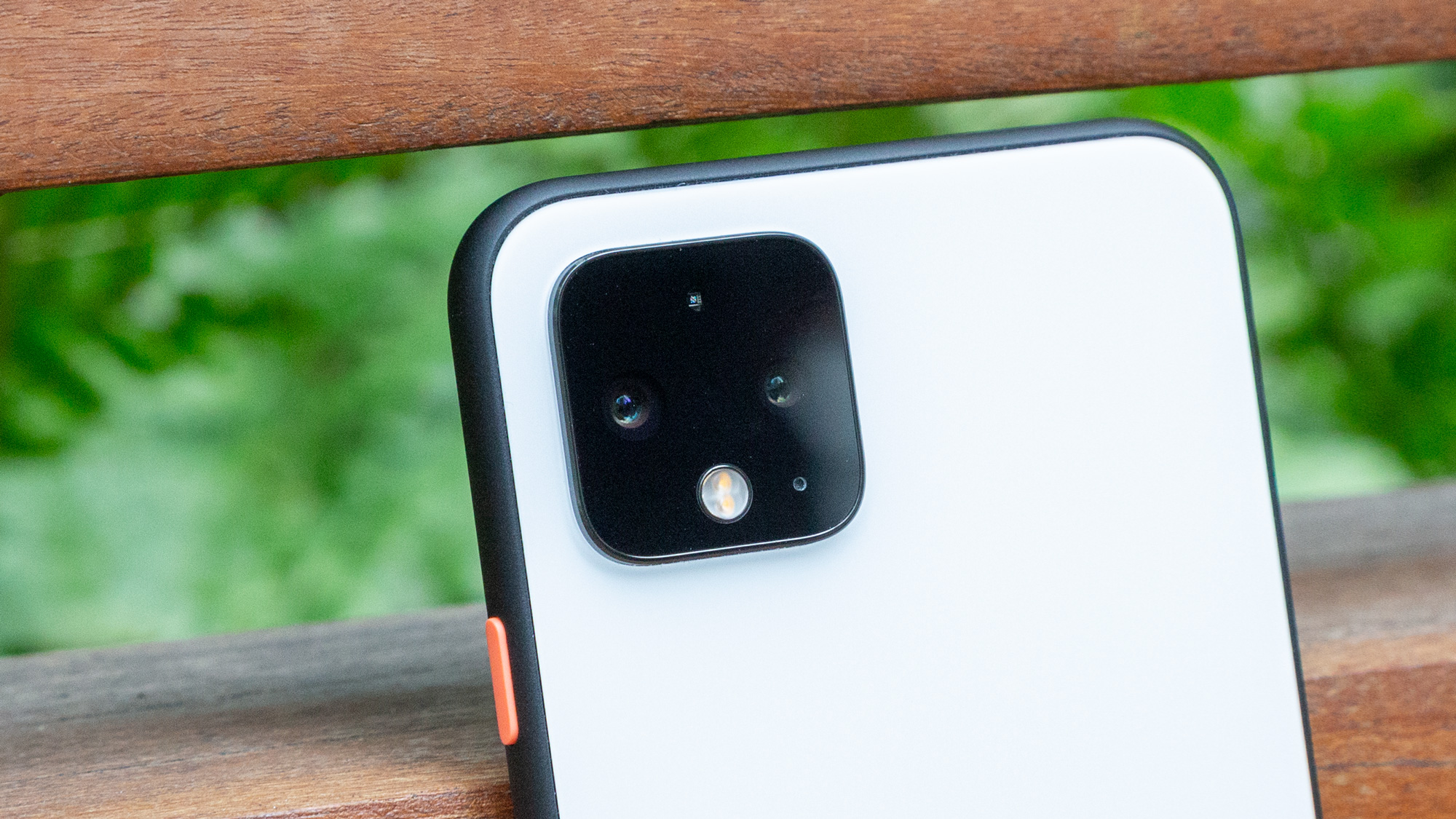Google Pixel 5 could be in serious trouble without this secret weapon
The person behind the Pixel's camera advances has left the company, which could hurt the Pixel 5

The Google Pixel 4a at this point is already fully baked and should be able to give the iPhone SE a run for its money at $399. However, the picture for the upcoming Pixel 5 is suddenly much darker now that we’ve learned that the person who led the team’s camera efforts has exited stage left.
According to a new report in The Information, “the mastermind” behind Google’s Pixel camera, Marc Levoy, left Google in March. That’s not a good sign when the camera has been the defining feature of the Pixel line. In addition, Pixel general manager Mario Queiroz left Google in January.
- The best camera phones now
- Google Pixel 5: Release date, price, specs and leaks
- Just In: Pixel 4a price just leaked — and iPhone SE should be worried
Levoy was hired away from Stanford University after he led a project at Stanford that turned into Google Maps’ Street View, and he also consulted with the Google Glass team. But Levoy is best known for being a pioneer in computational photography, which has allowed Pixel phones to do such amazing things as Night Sight mode, as well as Super Res zoom without a telephoto lens.
More recently with the Pixel 4, Levoy and his team found a way to enable the phone to take shots of the night sky and stars with Night Sight mode. The Pixel 4 also allows users to fine-tune the brightness and amount of detail in shadows with its HDR+ mode, even as they are shooting. Add it all up and it's easy to see why the Pixel 4 is one of the best camera phones.
Unfortunately, the Pixel 4 was a mediocre phone in other ways. Its Soli radar chip, which enabled hand gesture controls, came off as gimmicky. Worse, the Pixel 4’s battery life was poor, as the phone lasted only 8 hours and 3 minutes on our web surfing test. The handsets on our best phone battery life list all last over 11 hours.
The Information report says that Rick Osterloh, the head of Google’s hardware division, complained about the Pixel 4’s battery life just weeks before its fall launch. But it doesn’t seem plausible that the Pixel team could have done anything to address such a major issue at such a late stage.
Google has an uphill battle for the rest of this year and beyond with the Pixel phone line, as IDC estimates that the company has just 3% market share in the U.S.
Get instant access to breaking news, the hottest reviews, great deals and helpful tips.
As for the Pixel 5, it looks as though Google will not be trying to compete directly with such premium flagships as the iPhone 12 and Samsung Galaxy S20. Instead, the company will reportedly use a lower cost Snapdragaon 765G or Snapdragon 768G chip in order to undercut its chief competitors on price while still delivering 5G capability. We could also see a 120Hz refresh rate display.
Ultimately, though, the Pixel line is known for its photography prowess, and the pressure will be on Google to demonstrate that it’s at the head of the pack when it comes to image quality. One rumors has Google finally adding an ultra-wide angle lens to complement the standard wide angle lens and telephoto lens on the previous phone. And software alone simply cannot take in more of the scene — it has to be hardware.
But it’s the computational photography advances Google has made that have put the Pixel on the map, and it could be really difficult for the Pixel 5 to stand out without having Levoy’s vision to see this product through.
Mark Spoonauer is the global editor in chief of Tom's Guide and has covered technology for over 20 years. In addition to overseeing the direction of Tom's Guide, Mark specializes in covering all things mobile, having reviewed dozens of smartphones and other gadgets. He has spoken at key industry events and appears regularly on TV to discuss the latest trends, including Cheddar, Fox Business and other outlets. Mark was previously editor in chief of Laptop Mag, and his work has appeared in Wired, Popular Science and Inc. Follow him on Twitter at @mspoonauer.
 Club Benefits
Club Benefits






